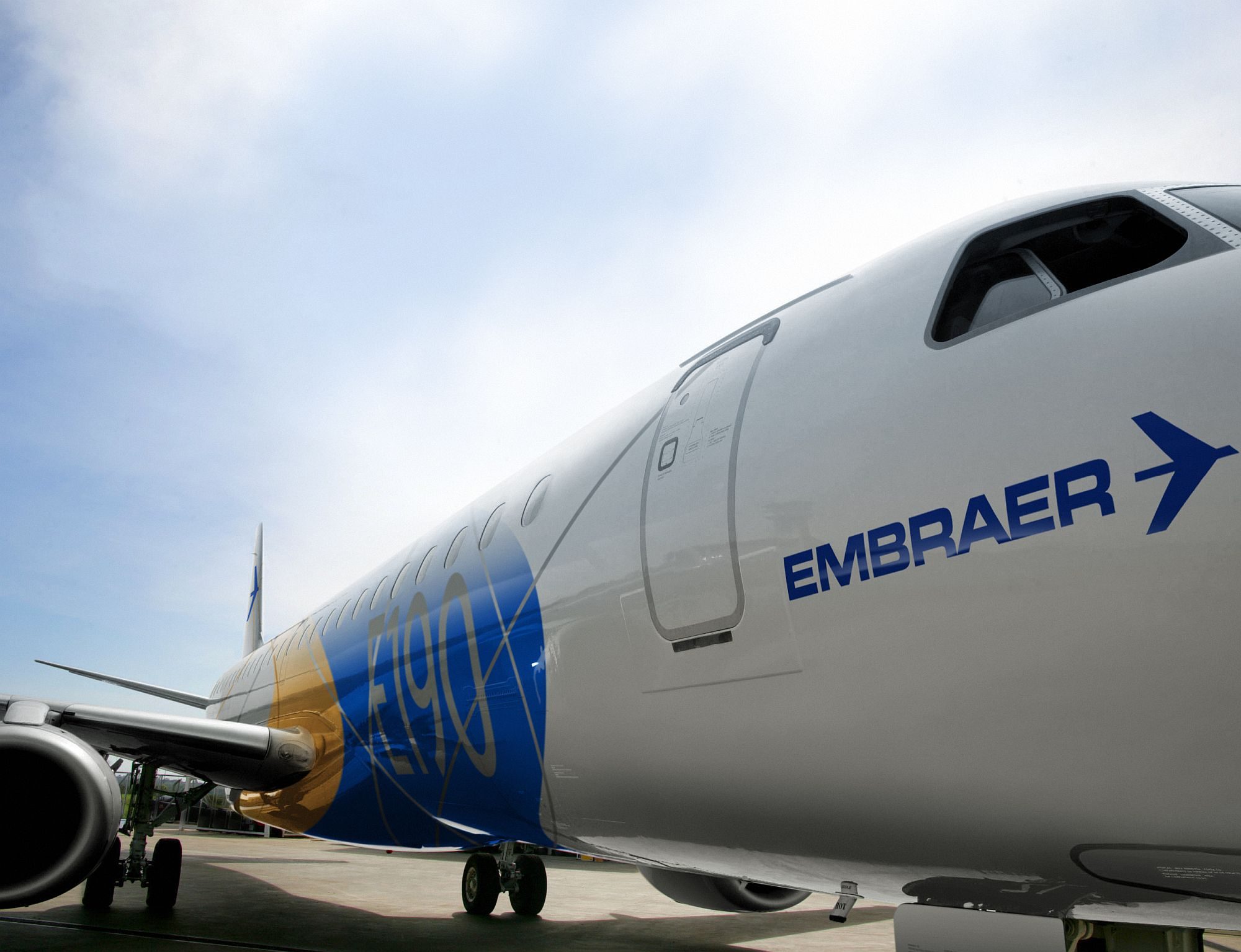Embraer has certainly been making the headlines as of late. After finally reaching an agreement for a joint venture valued at US$ 4.75 billion in which Boeing will take an 80% share in the Brazilian aviation company, Embraer is poised to reap the benefits of this transformation in the international global aerospace industry, notably with the marketing of the KC-390 aircraft.
Most significantly, the supply chain of the two companies will become more profitable and competitive, as the deal should officially be concluded by 2019.
But there has been recent resistance to the deal, primarily from PT (Workers Party) lawmakers who have filed a suit with the Brazilian government to stymie the venture.
While Embraer is a private entity, the Brazilian government has veto power for major business agreements, and the move to block the deal is indicative of this intricate political and corporate relationship.
A model company of Brazilian national prowess and a world leader in
aviation production, Embraer was formed in 1969 as a government-owned
corporation.
Headquartered in São José dos Campos, in the interior of São Paulo state, the company has a long history of development both as a regional and international producer, representing the first major company to develop Brazil’s aviation industry.
With a focus initially on military aircraft, by the 1980s, the company developed a significant capacity for regional airline construction, and was eventually privatized in 1994. By 2000, Embraer had listings on Brazil’s Bovespa, and the New York stock exchange as an ADR.
Currently, Embraer’s focus is primarily on commercial, military, corporate, aviation with offices in 10 Brazilian cities and 17 cities around the world. The company is the world’s third largest producer of civil aircraft, and provides services to approximately 100 countries.
Boeing’s takeover of Embraer will have implications for the upcoming presidential election in October. Although Brazilian president Michel Temer will be expected to approve the venture, the deal will not be finalized until after October.
As an indication of the dicey nature of the political response to the takeover, presidential candidate Ciro Gomes has expressed his disapproval and would probably nullify the deal, while Jair Bolsonaro, another candidate, would probably support it.
While the joint development of the KC-390 is a priority, the two companies will seek to penetrate the commercial market and significantly integrate production, research and development.
If the deal eventually goes through, the partnership signifies the impressive way in which Boeing and Embraer can come to dominate the international airline production industry, particularly in response to the recent consolidation of main rivals, Airbus and Bombardier.
With a solid history, profile, and adaptability, Embraer will seek to bolster its mission as a dynamic force under the aegis of Boeing. Despite the contentious political scene, the venture between the two companies represents the ongoing drive for corporate and industrial integration of Brazil’s “national champion,” Embraer.

